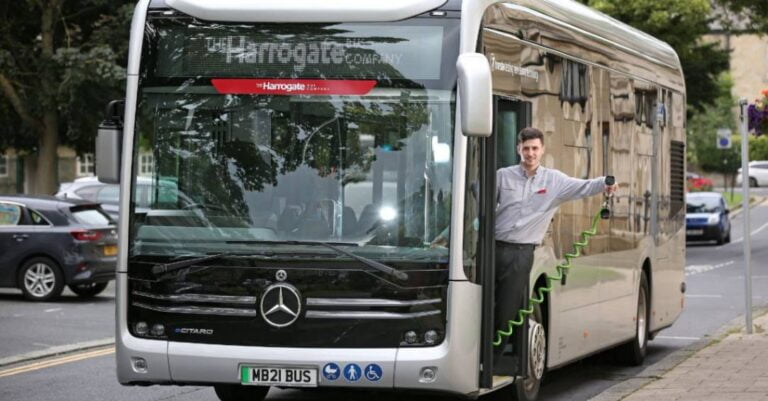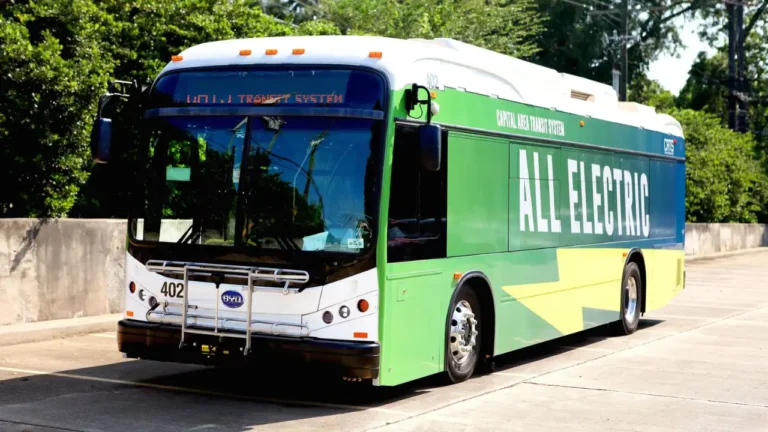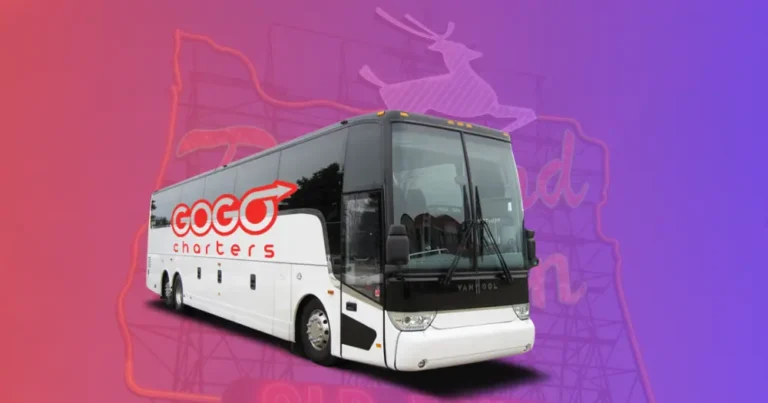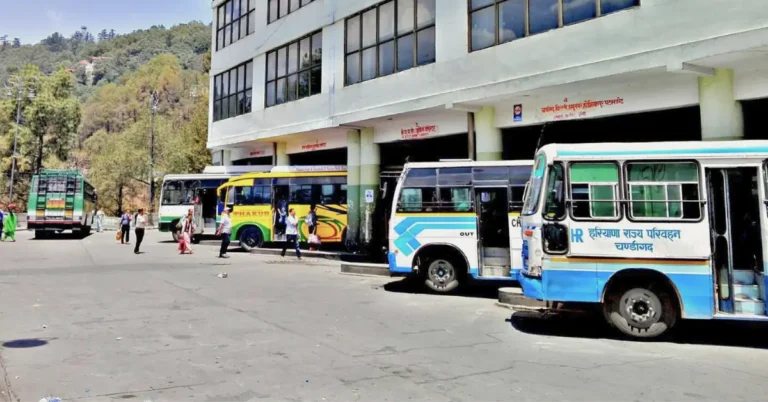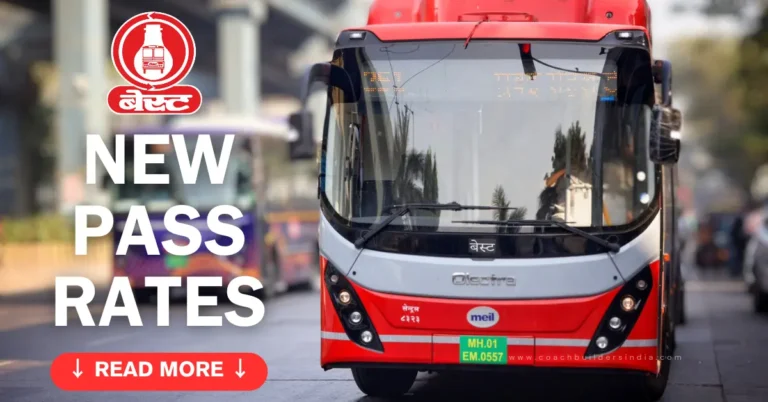Delhi Launches DEVi Electric Bus Initiative to Boost Last-Mile Connectivity
The DEVi electric bus initiative launched by the Delhi Government aims to boost last-mile connectivity across the city through a short-route, high-frequency electric bus model designed to provide efficient, accessible, and eco-friendly urban transport.

New Delhi, May 2025: The Government of the National Capital Territory of Delhi has officially launched the DEVi electric bus initiative (Delhi Electric Vehicle Interconnector) with 400 9-meter electric buses.
Of these, 225 electric buses were delivered by PMI Electro Mobility, and 120 by the JBM Group.
The initiative was inaugurated by Chief Minister Smt. Rekha Gupta, in the presence of Union Minister of Education Shri Dharmendra Pradhan and several other senior government officials.
The new electric bus fleet is designed to strengthen last-mile connectivity between Delhi Metro stations and major bus terminals, a challenge that has long hindered daily commuters across the capital.
Although initially scheduled for launch on April 22, the DEVi launch event was postponed due to a period of national mourning declared after the passing of Pope Francis.
This rollout represents a major milestone in the Delhi Government’s strategic plan to deploy 2,080 nine-meter electric neighborhood buses between 2025 and 2026, under the broader DEVi electric bus initiative.
The goal is to electrify up to 80% of the capital’s public transport fleet, significantly cutting emissions and modernizing urban transit.
This initiative also reflects the larger national vision of Hon’ble Prime Minister Shri Narendra Modi, aimed at transforming urban mobility through environmentally sustainable transportation systems.
EKA Mobility and Chartered Speed to Deploy 675 Electric Buses Across Rajasthan
What is the DEVi Electric Bus Initiative?
The DEVi electric bus initiative is a rebranded version of the Mohalla bus service introduced by the Aam Aadmi Party government in April 2023.
The bus service was designed based on a short-route, high-frequency model, a strategy proven effective in cities worldwide. To ensure the success of this initiative, the AAP government collaborated with experts from South Korea, Colombia, and the United States, drawing valuable insights from their successful implementations of similar schemes.
Additionally, the AAP government partnered with IIT Delhi to integrate Artificial Intelligence (AI) into the planning and operation of the Mohalla bus service.
IntrCity SmartBus Targets ₹1000 Cr Revenue After 70% Growth Surge
First Phase Rollout
In its first phase, 400 DEVi electric buses will be deployed in East and West Delhi, covering high-demand locations such as Ghazipur, Vinod Nagar East, and Nangloi.
Each 9-meter bus is equipped with 23 seats, six of which are reserved for women, and room for 13 standing passengers. Importantly, women can travel for free, and the fare for other commuters is structured between ₹10 and ₹25, depending on the route and distance.
The buses are scheduled to run at 10-minute intervals, ensuring high-frequency and predictable service throughout the day.
Each route spans approximately 12 km, catering to short-distance urban travel and significantly reducing dependency on private vehicles and informal transport options.
5 Reasons Behind Mahindra’s acquisition of SML Isuzu’s Controlling Stake
Accessibility and Smart Features
The DEVi electric buses have been outfitted with a comprehensive Intelligent Transport Management System (ITMS), which includes:
- Real-time GPS tracking
- Automatic passenger counting systems
- Digital route displays and voice-based announcements
- CCTV surveillance for passenger safety
- Panic buttons for emergencies
- Wheelchair ramps and knee-down flooring to support elderly and differently-abled passengers
These smart features not only enhance safety but also improve the reliability and inclusiveness of Delhi’s public transport system.
The DEVi electric bus initiative supports Delhi’s broader environmental goals by reducing urban congestion and cutting down emissions from traditional diesel-powered buses.
With plans to roll out a total of 2,080 electric neighborhood buses by 2026, including 1,456 units from PMI Electro Mobility, the government aims to fully transform the public transport landscape.
The short-route, high-frequency model on which the DEVi service is based mirrors successful transit strategies adopted in other global cities. It is tailored to meet Delhi’s unique infrastructural and demographic needs, especially in densely populated localities that are underserved by existing transport modes.
Catch the Latest Bus Industry Updates, Exclusive Interviews, Bus News, and International Bus News on Coach Builders India. Download the latest issue of the The Bus Insider magazine for industry insights.

